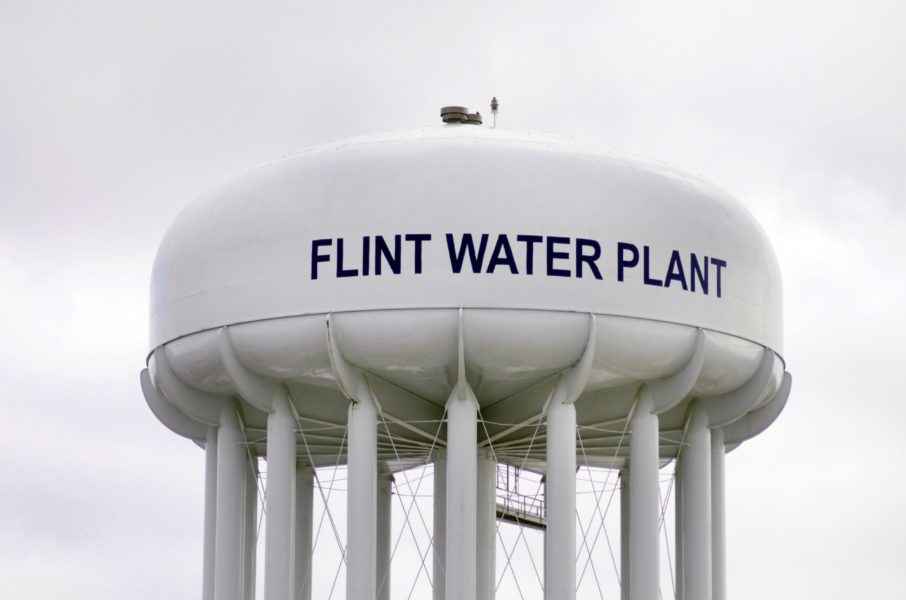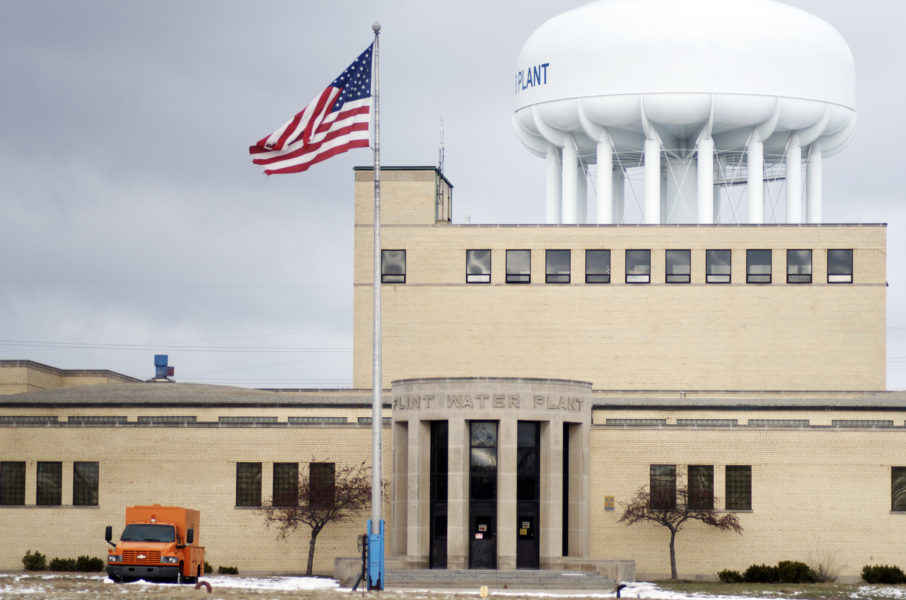Peter D. Jacobson, J.D., M.P.H., is a Consultant, Mid-States Region and Professor Emeritus of Health Law and Policy, and Director, at the Center for Law, Ethics, and Health, at the University of Michigan School of Public Health, where he taught courses on health law, public health law, and public health policy. Professor Jacobson served on the Board of Health for the Washtenaw County (Michigan) Health Department. Previous Board Memberships include the National Center for Healthcare Leadership and Heluna Health. He is the principal investigator for the Mid-States Region of the Network for Public Health Law, a Robert Wood Johnson Foundation program.
Professor Jacobson’s most recent research included a Robert Wood Johnson Foundation project examining the implementation of health in all policies programs, and a de Beaumont Foundation funded project examining the legal issues that contributed to the Flint Water Crisis. Jacobson’s previous public health systems research projects included health departments’ strategic adaptations, public health entrepreneurship, and the U.S. Surgeon General’s vital mission. His books include Law and the Health System (co-authored—Foundation Press, 2014), youth tobacco control, breast cancer, and the role of the courts in shaping health policy.
From 2010-2016, Professor Jacobson was the Associate Editor for Health Law and Public Health at the Journal of Health Politics, Policy and Law. From 2010-2012, he served as President of the Public Health Law Association, and was Chair of the Advisory Committee to AcademyHealth’s Public Health Systems Research Interest Group from 2009-2010. In 2016, Jacobson received a lifetime achievement award from the APHA’s Health Law Section, and in 2017, he received the Distinguished Health Law Professor Award from the Association of Law, Medicine, and Ethics.
Articles & Resources
This FAQ addresses questions of HIPAA compliance and requirements in regards to the COVID-19 pandemic. This FAQ is broken into eight sections.
View page
This webinar provided attendees with a legal and ethical framework for executive decision-making, covering mandatory and discretionary actions and the exercise of professional judgment in responding to COVID-19.
View page
In 2014, while under the control of a state-appointed emergency manager, the city of Flint, Michigan, switched its water source from the Detroit Water and Sewerage Department to the Flint River. As a result, lead from the aging service lines to homes leached into the drinking water and poisoned thousands of Flint residents.
View page
This report, co-authored by attorneys from the Network for Public Health Law and the University of Michigan School of Public Health, details why shortcomings in the structure and implementation of laws related to public health, safe drinking water, and emergency financial management failed to stop or mitigate the Flint water crisis. Along with key findings, the report provides recommendations to help prevent similar crises from happening in other communities.
View page
This handbook is intended to help policymakers and practitioners incorporate the lessons learned from the Flint Water Crisis to avert and/or mitigate future crises.
View page
This primer is intended to help policymakers and practitioners incorporate the lessons learned from the Flint Water Crisis to avert and/or mitigate future crises.
View page






